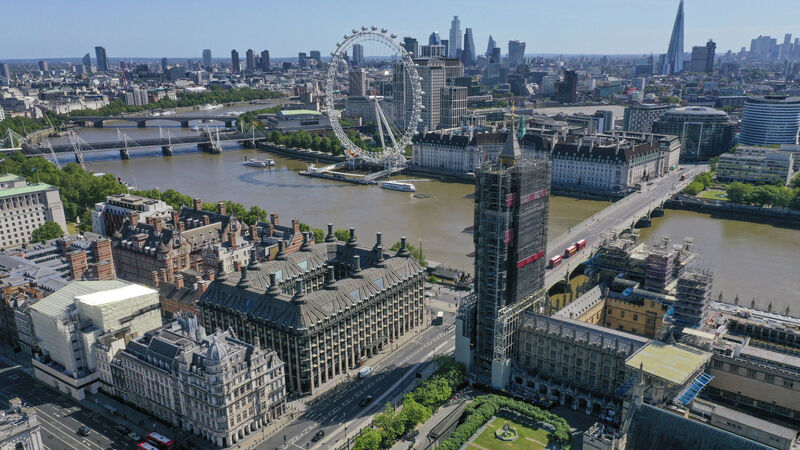Oliver Mangan: The British economy is down, but not out

Inflation is projected to fall to 2.3% by the end of 2024. It is now not seen falling below its 2% target until 2025, compared to mid-2024 previously.
The Bank of England’s (BoE) latest set of detailed economic forecasts shows it is no longer expecting a recession in the UK.
The shifts in the BoE’s macro forecasts have been quite dramatic over the past six months, moving from expecting a two-year-long recession to modest economic growth.














